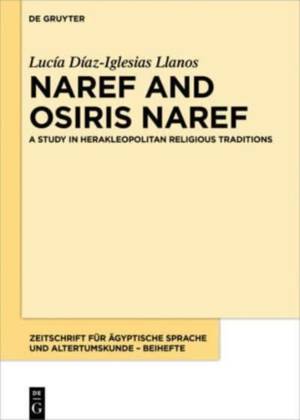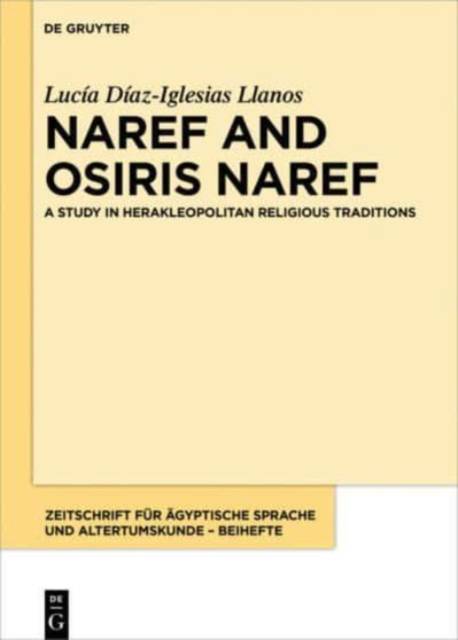
- Afhalen na 1 uur in een winkel met voorraad
- Gratis thuislevering in België vanaf € 30
- Ruim aanbod met 7 miljoen producten
- Afhalen na 1 uur in een winkel met voorraad
- Gratis thuislevering in België vanaf € 30
- Ruim aanbod met 7 miljoen producten
Omschrijving
The ancient Egyptian toponym Naref and the god Osiris Naref have hitherto been the subject of brief discussions. This study gathers for the first time all data available on these issues, revises traditionally accepted ideas, and offers integral interpretations -- contextualizing them in the local milieu.
The book aims to approach the funerary, legal, and royal mythological associations developed around Naref (an important landmark of the Herakleopolitan territory), attested for the first time in the so-called Coffin Texts and enduring until the Roman Period. It also seeks to analyse the characteristics of Osiris Naref, a prominent deity in the Herakleopolitan pantheon from the New Kingdom onwards who achieved suprarregional importance. His key features -- centred on the mythical episodes of rebirth and defeat of enemies, justification, and assumption of royal power -- gave rise to an Osirian form "who cannot/will not be evicted" from the legitimate and secluded place he has reached. Both aspects are analysed within the wider context of regional (religious, historical, landscape) characteristics.
This monograph offers valuable insights into the study of both local mythical and cultic toponyms and of regional manifestations of Osiris.
Specificaties
Betrokkenen
- Auteur(s):
- Uitgeverij:
Inhoud
- Aantal bladzijden:
- 395
- Taal:
- Engels
- Reeks:
- Reeksnummer:
- nr. 3
Eigenschappen
- Productcode (EAN):
- 9783110501049
- Verschijningsdatum:
- 19/12/2016
- Uitvoering:
- Hardcover
- Formaat:
- Genaaid
- Afmetingen:
- 175 mm x 244 mm
- Gewicht:
- 793 g

Alleen bij Standaard Boekhandel
Beoordelingen
We publiceren alleen reviews die voldoen aan de voorwaarden voor reviews. Bekijk onze voorwaarden voor reviews.











